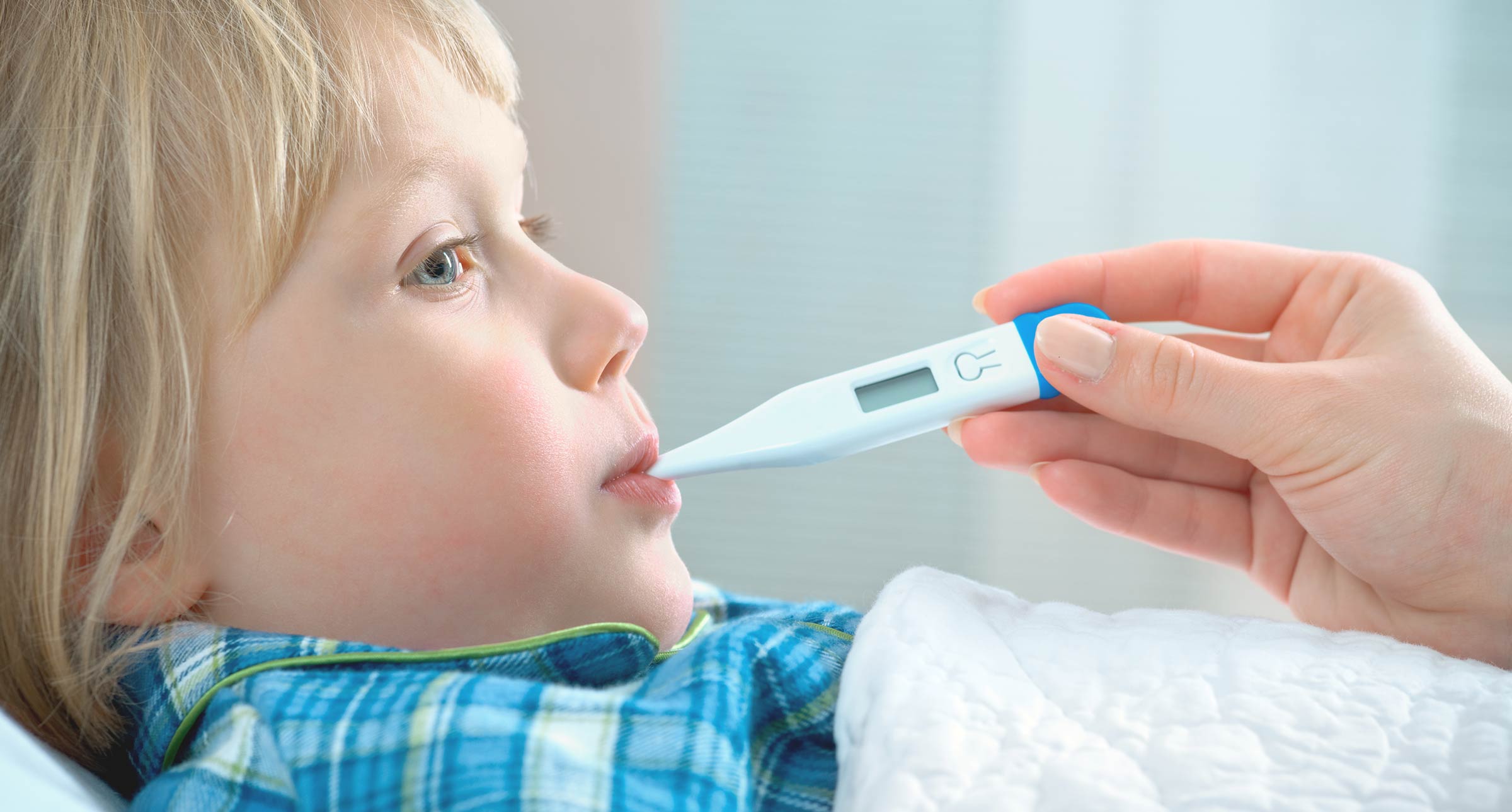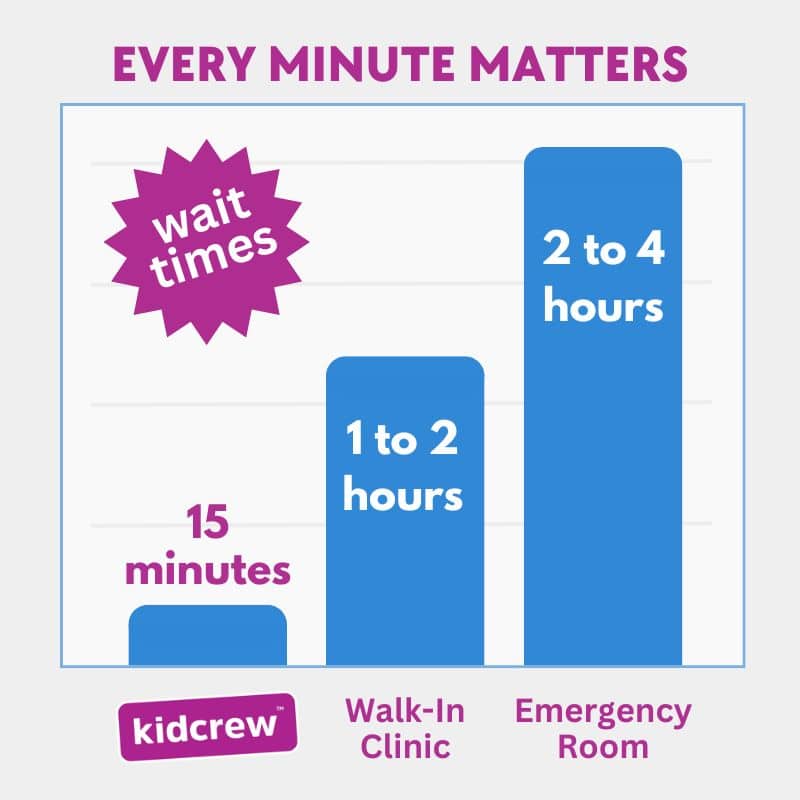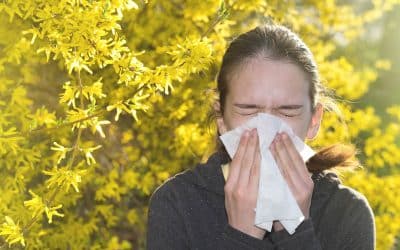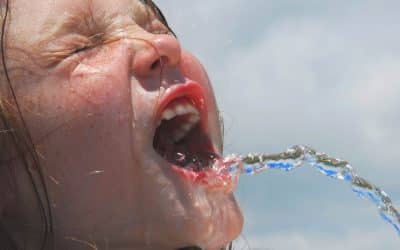Understanding When to Seek Immediate Care for Your Child’s Fever
It’s late at night, and your child wakes up crying with a hot forehead. You check the thermometer, and it reads 104°F. As worry sets in, you wonder if you should drive to the emergency room or if this could wait until morning to visit urgent care.
“High fevers can be alarming, but they’re not always an emergency. However, it’s important to know when they require more urgent medical intervention.”
– Dr. Dina Kulik
What is Considered a High Fever?
A fever in a child is a natural response to fighting infections and typically isn’t dangerous by itself. However, the reaction to the fever can be a crucial indicator of a more serious condition.
For all ages, the following is a guideline for what constitutes a fever.
- Rectal, Oral, Temperatures: A fever is a temperature reading of 100.4°F (38°C) or higher.
- Under the Arm (Axillary), Ear, or Forehead Temperature: Fever is measured at 100°F (37.6°C).
For more detailed guidance on what temperature is considered a fever, read my blog post on What Temperature is a Fever.
When to Seek Urgent Care or ER
When to Visit the Emergency Room
Seek emergency care if the high fever is accompanied by any of the following symptoms:
Severe Symptoms: Such as difficulty breathing, persistent vomiting, a severe headache or stomachache, or any signs of dehydration like dry mouth or not peeing for hours.
Fever After Being in a Very Hot Place: Such as a car, which could indicate heatstroke.
Rash That Looks Like Bruises: This can be a sign of a serious bacterial infection.
Febrile Convulsion: While these aren’t typically dangerous, the first occurrence should be evaluated.
Baby less than 8 weeks of age.
Irritability or Lethargy: If they’re not acting normally or are difficult to wake.
When is Urgent Care Appropriate?
If your child has a high fever without the severe symptoms listed above, but you’re still concerned, urgent care is a suitable option, especially if:
The Fever is Persistent: Lasting more than three days in a child two years or older,
Discomfort: If pain does not ease with over-the-counter medications or if the child seems uncomfortable and restless.
Ear, throat or mild abdominal pain.
Diarhea or vomiting, without dehydration.
“Parents know their children best. If you see signs that are unusual for your child or if the fever persists despite common treatments, seek medical attention.”
– Dr. Dina Kulik
For tips on how to safely reduce a fever and maintain normal temperature in babies, check out Dr. Dina’s post on How to Reduce a Fever and Maintain Normal Baby Temperature Safely.
Conclusion: Trust Your Instincts
Managing a high fever in children can be stressful, but understanding when it’s time to seek more serious medical intervention is critical. Always monitor your child’s additional symptoms, their response to fever-reducing medications, and their overall behaviour.
For accurate methods on checking your child’s fever, you can refer to my guide on How to Use a Thermometer to Check Fever in Kids.
When in doubt, don’t hesitate to call your healthcare provider for advice. Quick action can often prevent complications and help your child return to health more quickly.
Remember, you’re not overreacting by seeking help for a fever. It’s always better to err on the side of caution when it comes to your child’s health.






































